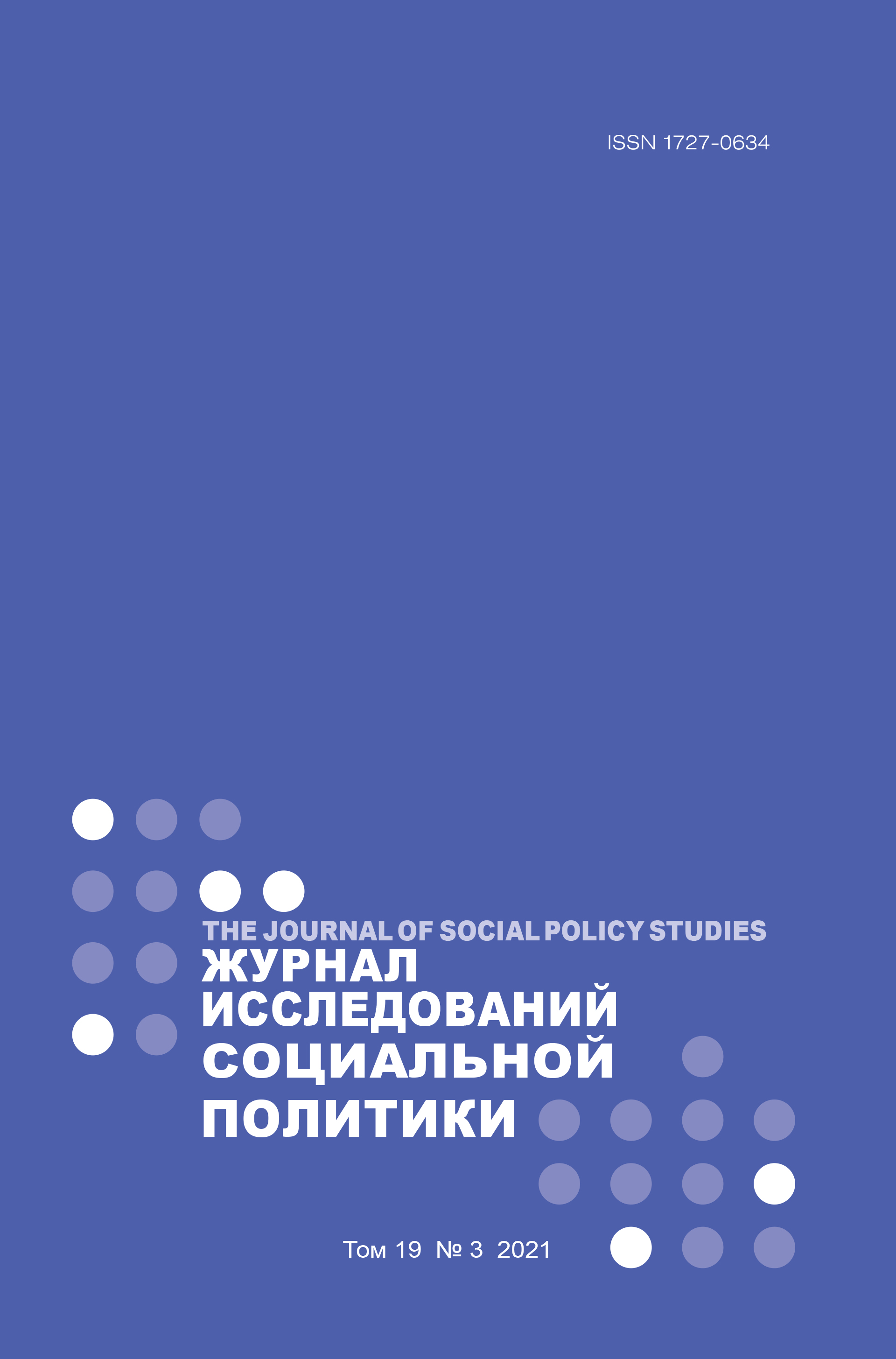Social Guarantees and Benefits at the Workplace: Instability and Unpromising Dynamics
Abstract
This article tracks changes to social guarantees and benefits for Russian workers over the last two decades. The analysis is based on data from the 'Russia Longitudinal Monitoring Survey' (RLMS-HSE) which tracks how the system of social guarantees and benefits at Russian enterprises changes over time. Important limitations to this monitoring system should be noted, such as the structure and content of the survey documents, and that questions about social benefits provision were not asked in all the versions of the survey. It was revealed that, despite positive shifts when it comes to ensuring social and economic rights, a considerable amount of the population still cannot take advantage of the social guarantees which they are entitled to by law. Furthermore, given conditions of economic crisis, even relatively prosperous enterprises and organizations have been forced to withdraw some of the social benefits and services which they provide to their personnel in addition to mandatory social guarantees. Workers in rural areas are more comprehensively covered in terms of mandatory social guarantees, while employees at urban-based enterprises and organizations are provided with more opportunities in provision of additional benefits and services. After analysing various aspects of differentiation in terms in the provision of social guarantees and benefits to employees at the workplace, we discovered an increase in instability with regards to many additional social benefits and services as well as growing inequality in access to such benefits at enterprises. Government enterprises tend to implement various forms of additional social assistance more actively than private companies. However, it is executives and specialists of high or middle qualification who are provided with most additional social benefits and services, while unskilled workers are provided with the least benefits. Given a lack of highly skilled workers, providing employees with additional social goods and services somewhat helps to fill high-tech job positions with specialists who are up to date in their training, which in addition only exacerbates social inequality.















